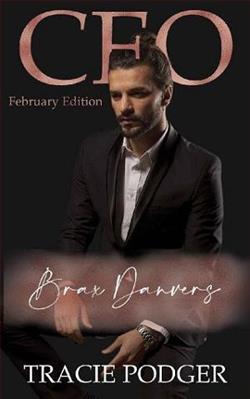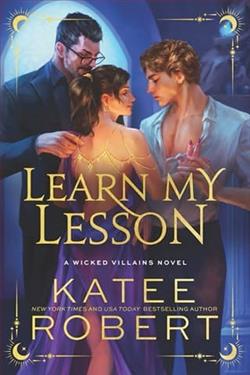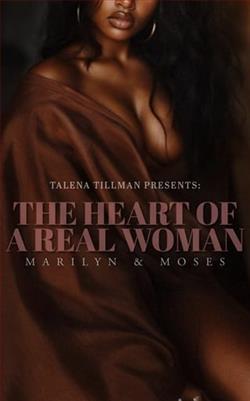Page 55 of Night's Reckoning
Ben walked into his bedroom and grabbed a new set of clothes from his suitcase. “Why would glass be good?”
“Very easy to find. Wood rots unless it’s covered by the right sediment. Metal degrades unless it’s gold or silver. Porcelain lasts, but it can break and fall apart. Glass ingots are very durable. Archaeologists have found glass ingots in underwater wrecks going all the way back to the Bronze Age. Seawater is pretty vicious to most materials—though these are colder waters, so that’s good—but glass lasts for centuries with very little degradation.”
“So it’d be easy to see in photographs?”
“Not photographs.” She made a frustrated sound. “I won’t know what equipment we have until we get on the ship. Have you heard anything about what we’re dealing with?”
Ben walked out of the bedroom clothed in a fresh T-shirt and a pair of jeans, rubbing a towel through his hair to dry it. “Cheng partnered with a university, so we’re probably dealing with pretty fancy stuff. This isn’t going to be a bare-bones operation. Imagine the nicest equipment you can get. What do you have?”
Fabia ticked off the options on her fingers. “Side-scanning sonar for sure, which would kind of be like an aerial photograph. You use sound to map the sea floor before you send divers down. Other than that… There are a range of devices at every price range, but most of them involve mapping with sound waves of one kind or another.”
“Yeah, I don’t want to know. But we can plan on the university crew probably doing all that, right?”
Fabia nodded. “I imagine Cheng will have them narrow the search site, but looking for glass ingots is a good idea. They’re likely to have been in the same location as the sword.”
Something was tickling the back of his mind. Glass. Degradation. Damascus steel.
“Just how gnarly is this sword going to be when we find it?” Ben asked.
Fabia frowned. “Gnarly?”
“Messed up. Rusted. It’s Damascus steel, and steel rusts.”
Fabia’s expression fell. “Yes. In fact, steel rusts much more quickly in saltwater than freshwater. I’m afraid what we’re likely going to find—if we find the sword at all—is the hilt only. The blade isn’t going to be in any recognizable condition.”
Ben shook his head. “So we’re going through all this to find a gold hilt? Maybe? What’s that going to do?”
“What do you mean?”
“I mean the Laylat al Hisab—this legendary sword—is gone. Why are we even looking for it?”
Fabia shrugged. “Even the hilt would be a symbol.”
“Of a peace that’s already there. I don’t see Arosh attacking Penglai Island anytime soon.”
“But that’s not the point. Can the gift of a sword actually end a war? Of course not. But the symbol is important.”
He muttered, “Maybe it’s a symbolic sword for a symbolic peace.”
She sent him a sideways glance as she flipped through the book. “Don’t disregard symbols, Ben. Civilization was built on symbolic gestures.”
He tossed his towel over a chair. “Symbolic peace. Symbolic gestures,” he grumbled. “If you want to look at the symbols here, maybe the shipwreck was a symbol that Arosh and Zhang were never meant to be at peace. They’re both ancient vampires, but they’re from different cultures. Different mindsets.”
Arosh was from the Mediterranean. Zhang was from China.
He was from New York. Tenzin was from… probably some Neolithic archaeological site in Outer Mongolia. He had no idea. She probably didn’t either.
And he was probably reading way more into this than he should have.
Fabia said, “I think the fact that both Arosh and Zhang have committed so much time and attention to this is proof that—whether they say it or not—they both want peace. They want the same things, even if the rest of the vampire world may seem to be against them.”
Yeah, he was definitely reading way too much into all this. “I need to get some sleep.”
Fabia closed the book. “Me too. Can I take this?”
“Tenzin hasn’t come for it, and if she does, I’ll tell her you borrowed it. Want to go to that maritime museum tomorrow?”
“Yes, definitely.” Fabia tucked the book under her arm. “And you better not sic Tenzin on me. Just because you’re not afraid of her doesn’t mean that the rest of us aren’t terrified.”















